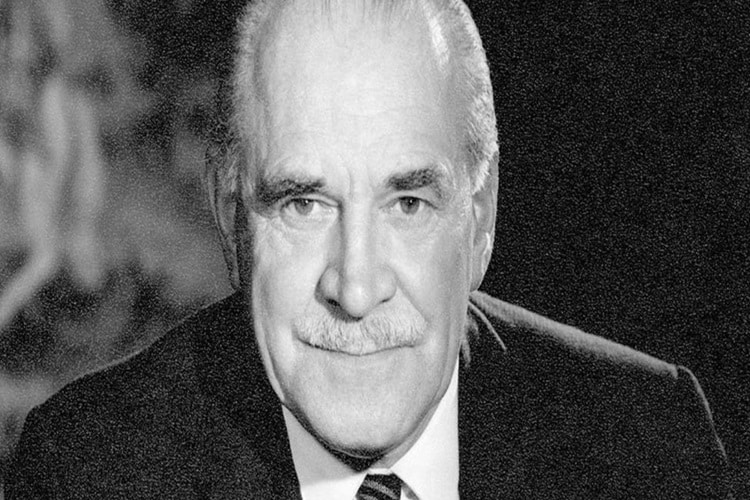Ronald George Wreyford Norrish (9 November 1897 – 7 June 1978) was a British chemist. He was awarded the Nobel Prize in Physiology or Medicine.
Life and Career
Ronald George Wreyford Norrish was born on 9 November 1897, in Cambridge, United Kingdom.
Norrish attended the prestigious University of Cambridge and earned his bachelor’s degree in Natural Sciences in 1919. He continued his studies at the same institution, earning a Doctor of Philosophy (Ph.D.) in 1924, focusing on the field of photochemistry.
Norrish’s most significant contributions were in the field of photochemical reactions, which involve chemical reactions initiated by the absorption of light.
He worked extensively on fast chemical reactions, pioneering the use of flash photolysis, a technique that allowed the observation and study of extremely rapid chemical reactions that occur in less than a microsecond (one-millionth of a second).
His research led to significant insights into the mechanisms of various photochemical reactions, and he made crucial contributions to the understanding of reaction kinetics.
Norrish’s work laid the foundation for the development of chemical lasers and played a pivotal role in the advancement of photochemical and photophysical studies.
Ronald George Wreyford Norrish passed away on 7 June 1978, in Edensor, England, leaving behind a substantial legacy in the field of photochemistry and chemical kinetics.
Award and Legacy
Ronald George Wreyford Norrish was awarded the Nobel Prize in Physiology or Medicine for his significant contributions to the field of ethology and the study of animal behavior. He shared the prize with Nikolaas Tinbergen and Karl von Frisch, who also made outstanding contributions to the understanding of individual and social behavior patterns in animals.
Lorenz received the Eminent Ecologist Award from the Ecological Society of America in recognition of his groundbreaking work in the field of ethology and his contributions to the understanding of animal behavior.
Lorenz is considered one of the founding figures of ethology, a field of biology that focuses on the study of animal behavior in a natural environment. His work laid the foundation for the systematic study of animal behavior and instincts.
Lorenz’s discovery of imprinting in birds, particularly his experiments with graylag geese, remains a cornerstone in the study of animal behavior. This concept has been influential in understanding the early social and bonding behaviors of animals, including humans.
His theory of fixed action patterns, which are instinctive behaviors in animals, has had a lasting impact on the study of behavior and instincts in a wide range of species.
Lorenz played a crucial role in popularizing the field of ethology and making it accessible to a broader audience through his books, including “King Solomon’s Ring” and “On Aggression.”
His work had a significant influence on fields beyond biology, such as psychology and animal behavior studies. The study of animal behavior and its applications in understanding human behavior owes much to Lorenz’s contributions.

